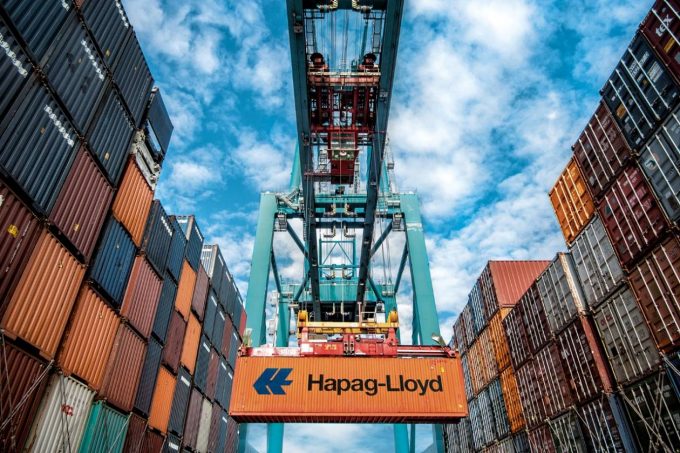Soaring box lines make market cap hay, but nowhere near C-19 highs for most
If the CAP fits…

Despite seeing first-quarter carryings increase 6.8% to 3m teu, German carrier Hapag-Lloyd saw revenues and earnings decrease year-on-year due to lower average freight rates, which declined from $1,999 per teu in the first quarter of 2023 to $1,359.
As a result, revenues fell 24% to $4.26bn ...
CMA CGM South Korean staff strike over bonuses after bumper 2024 profit
MSC switches two more Asia-Europe port calls from congested Antwerp
CMA airline returns two freighters, while ANA takeover of NCA looms
Front-loading frenzy has made traditional H2 peak season 'unlikely'
Nightmare for Bangladeshi exporters as congestion and tariffs bite
Tradelanes: Export boom in Indian sub-continent triggers rise in airfreight rates
Carriers introduce surcharges as congestion builds at African ports
Mexican airport modernisation plan unlikely to boost cargo facilities

Comment on this article